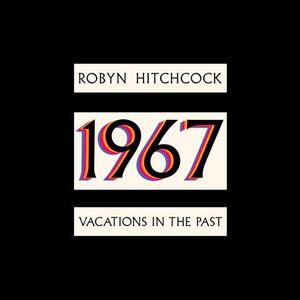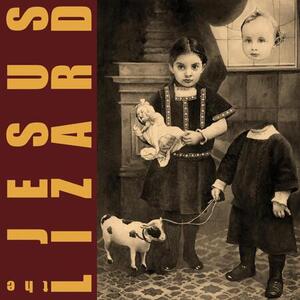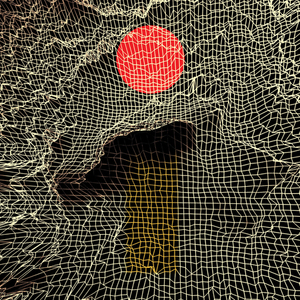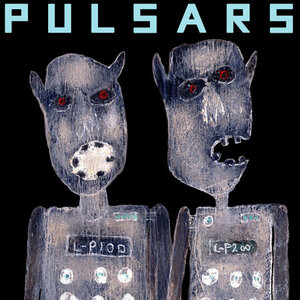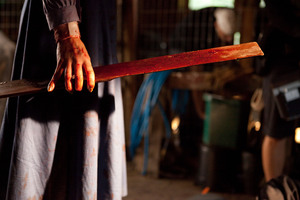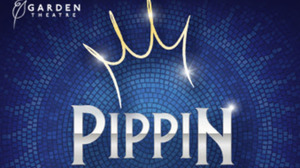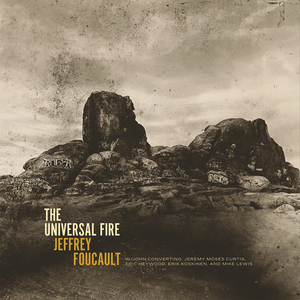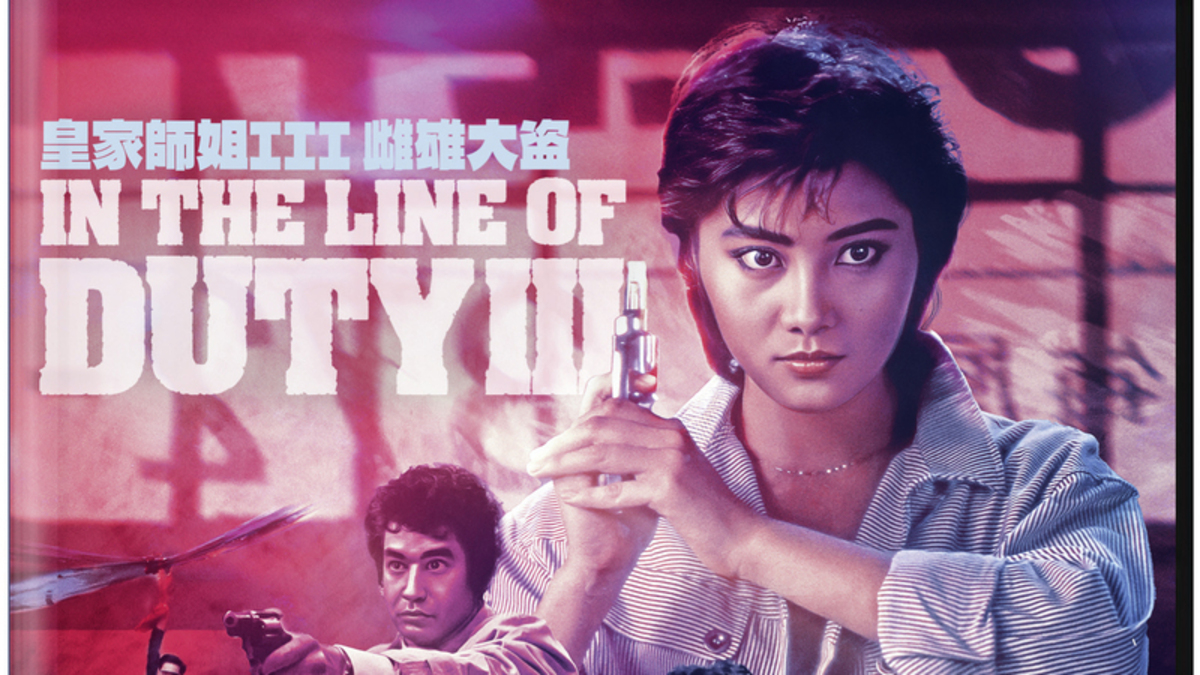
In the Line of Duty III
directed by Arthur Wong & Brandy Yuen
starring Cynthia Khan, Hiroshi Fujioka
88 Films
Usually a film series on its third and fourth films with no holdover cast from the earlier entries would be a sign of a franchise in serious decline. But with the Hong Kong In the Line of Duty series, the third and fourth films are hands down the best of the lot, delivering rousing action with just the right amount of comedy. In the Line of Duty III has been brought stateside thanks to a lush Blu-ray release from 88 Films.
In the Line of Fire III (the Chinese title translates to Royal Big Sister III: Male and Female Thieves) sees Cynthia Khan taking over from the recently retired Michelle Yeoh in the lead role, but as a new character, Yeung Lai-ching. Khan, in her film debut, is forced to team up with grizzled Japanese police detective Hiroshi Fujioka. Fujioka comes complete with unkempt hair and rumpled trench coat (and it is never acknowledged if he intends to look like Columbo, or not), who is in Hong Kong pursuing the husband-and-wife jewel thieves (Michiko Nishiwaki & Stuart Yung Sai-Kit) who murdered his rookie partner. The Japanese thieves also machine-gunned dozens in their raid on a fashion show, but it’s his partner’s death he is looking to avenge. When it turns out the jewels they stole were fakes, the psychotic couple go on a rampage in Hong Kong, and the cops must put their personal and cultural differences aside to put an end to the bloodshed. The pursuit of vengeance on both sides leads to a bloody showdown between Michiko Nishiwaki and Cythia Khan with an explosive finale.
This third, and first to actually bear the “In the Line of Duty” title, is by far the most stylish of the series. Directed by Arthur Wong and Brandy Yuen, it features terrific action with striking visual flair. Inspired by the work of Tsui Hark and John Woo, this film uses far more operatic gun play in place of the more traditional martial arts, the result surprisingly intense and brutal for an action comedy series including a scene where Michiko Nishiwaki throws her injured husband out of a van to be run over by the pursuing police. It is all very ’80s chic, with copious amounts of hyper-violence leavened by comparatively low-key humor. After the original films in the series were played for laughs, the villains here are far more threatening and vastly more interesting. Both the gun play and the martial arts are creative and kinetic and really drive the momentum of the film. With an eye toward the Japanese market, the directors managed to get a graphic kinky sex scene featuring Michiko Nishiwaki past the Hong Kong censors, which was a rare feat in a general audience film.
88 Films continues to do a stellar job with their Hong Kong movie releases. Martial arts films for generations have been viewed as cheap disposable entertainment. From filling out triple features at drive-ins throughout the 1970s, to populating late-night cable programming in the ’80s, to VHS and DVD grist from fly-by-night video labels, Hong Kong cinema rarely got a fair shake. Now, being able to see these films again with gorgeous transfers and quality sound is a revelation, even for long-time fans.



